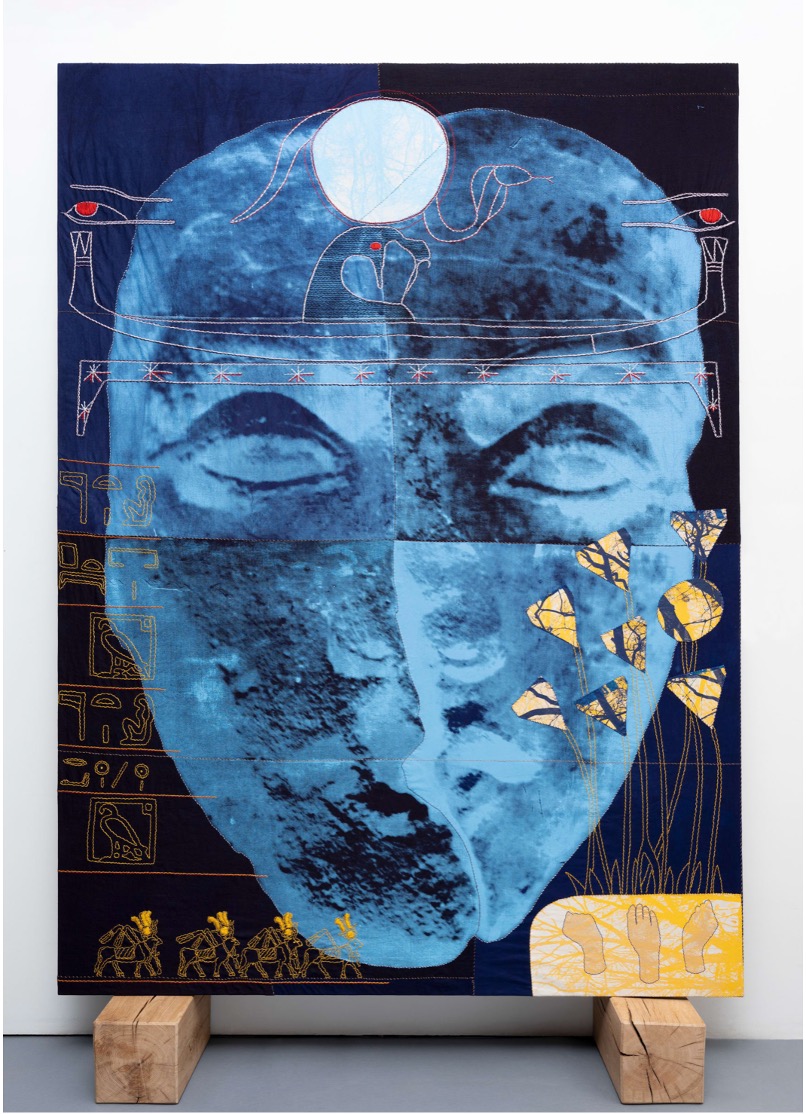Specializing Afrocentric Fields of Inquiry: Developing Ubiniology as an Africological Sub-Discipline
DOI:
https://doi.org/10.15367/fcd7ev55Keywords:
Africology, Benin, Cultural Unity, Igodomigodo, Royal Council, UbiniologyAbstract
It has been established by several African-centered scholars that African civilizations are central to orienting the way African scholars engage with African history, heritage and culture. On the scholarship of Cheikh Anta Diop (1923-1986), the bulk of this engagement has centered on the ancient ḥꜥpy: Hapi (Nile) Valley, and in particular on the Empire of km.t: Kemet (Egypt). This paper argues that the discipline of Africology will advance by intentionally engaging with the history and culture of other classical African civilizations in an individual and systematic manner. The Kingdom of Benin, this article maintains, is a practical starting place for such undertakings, since there is more historical material–i.e., oral traditions, archaeology, artifacts, historiographical sources, etc.–to work with here relative to most civilizations elsewhere in pre-colonial Africa. To demonstrate the value of studying Benin from an Africological perspective, I use the administrative structure of Benin to demonstrate how the Uzama Nihinrọn–Benin’s royal council–performs the same function as councils in other African states historically. I present Benin’s administration as a case study in African cultural unity. Moreover, following the work of Osarẹn Ọmọregie, I argue that the term “Ubiniology” should be used in reference to this scholarly, Afrocentric study of Beninese history and culture.
Downloads
Published
Issue
Section
License
Copyright (c) 2025 Daniel P. Roberts III

This work is licensed under a Creative Commons Attribution-NonCommercial-NoDerivatives 4.0 International License.

